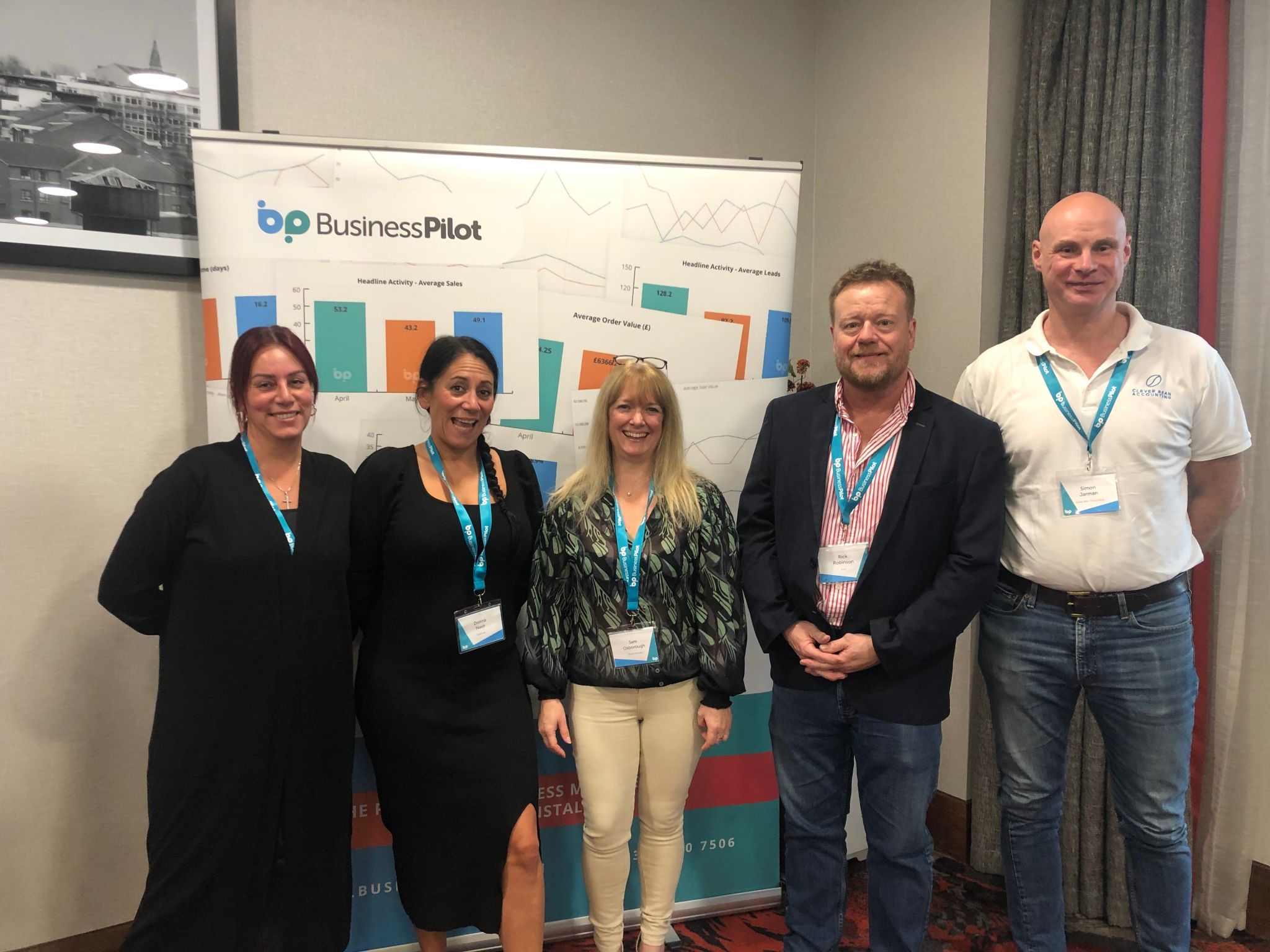Business Pilot users who attended our Open Training Day in October, may have had time for a chat with Simon Jarman from Clever Bean Accounting. Simon is part of the BPcommunity and works with many Business Pilot user companies, supporting them with finance management, accounting services and strategic business advice.
Simon was formerly CEO of Everest from 2004 to 2012 and has extensive experience in the window and door industry. He is also a Chartered Management Accountant and as such, is well-placed to offer expert accounting, finance and business advice to installation companies.
In this guest blog, Simon offers some top finance management tips to help you monitor your company performance and make more informed decisions, so you can achieve your business goals.
The Benefits of Embracing Finance By Simon Jarman
Good finance management is crucial for the success of any business and there is much more to it than just checking how much cash is in the bank. Regularly monitoring your business performance through robust finance practices is essential for success and business growth. If you don’t know your numbers, you don’t know your business!
In my experience, many small and medium-sized enterprises (SMEs) in the window and door industry have little to no in-house finance resource and most use an external accountant for their main accounting activities.
Unfortunately, these ‘activities’ typically don’t go beyond what is required to remain compliant with HMRC requirements and fulfil legal obligations, such as year-end statutory accounts, managing VAT returns and handling corporation tax filings. These activities are essential but don’t add much value to your business.
As SME business owners, we have to wear many hats and turn our hand to everything, from sales and marketing to contract management and customer service.
With all of these demands, finance management is often de-prioritised, or its importance is misunderstood. But great companies always recognise the necessity of having a strong grasp of their key numbers and a handle on the main drivers of their business.
As a starting point, here are a few things you can implement which will have a substantial impact on how you can monitor your business performance and start making smarter, informed decisions.
1 – Introduce KPIs
Introducing KPIs is important to facilitate the ongoing monitoring of your business performance. Go further than typical finance measures like cash, profit and gross margin and look at wider business metrics such as cost per lead, cost per sale and conversion rates.
2 – Create an Annual Budget
An annual budget serves as a clear roadmap for your business and helps you to monitor your progress throughout the year. Start with clear financial goals for the year ahead, to set your direction from the off. Annual budgets help to guide your decisions and actions and gives a clear framework for looking at variance analysis – a great tool for identifying any issues early on.
3 – Cash Forecasting
We all know that many businesses in our sector have been lost to the effects of poor cashflow. Establishing a robust cash forecasting process helps you to anticipate potential cash flow challenges in advance and prepare by making adjustments ahead of time.
All your numbers need to be up-to-date to help you make sound decisions, so it will be a case of investing time on a weekly or monthly basis to make the most of these tools. If you need any help, please get in touch.
Do you have a question about finance or accounting? Follow Simon on LinkedIn to get more financial tips, check out his columns in Windows Active and Total Installer magazines or head to cleverbeanaccounting.co.uk.
Remember, the finance features in your Business Pilot system can help you to take back control of your business finances. If you don’t think you’re utilising all of our finance features, you can head to our knowledgebase for more information or talk to our support team.

